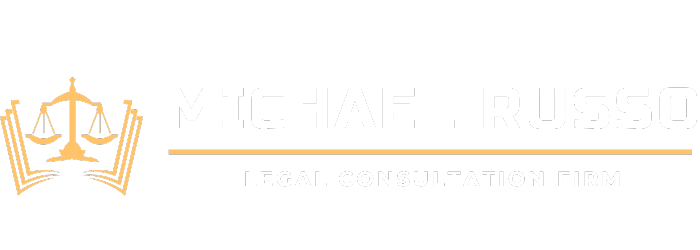Business litigation is a broad area of law that deals with disputes arising in the corporate world. From contract breaches to shareholder disputes, companies often face legal challenges that require strategic resolution. Understanding business litigation can help business owners, executives, and stakeholders protect their interests while navigating potential legal risks.
1. What is Business Litigation?
Business litigation refers to legal disputes involving companies, partnerships, or individuals in a commercial setting. These disputes can arise from contractual disagreements, employment issues, intellectual property claims, or regulatory compliance concerns. Unlike criminal cases, business litigation typically involves civil lawsuits where one party seeks compensation or legal remedies from another.
2. Common Causes of Business Litigation
There are several reasons why businesses may find themselves in legal disputes, including:
- Breach of Contract: When one party fails to fulfill the terms of an agreement.
- Employment Disputes: Issues related to wrongful termination, discrimination, or wage disputes.
- Intellectual Property Disputes: Trademark, copyright, or patent infringement cases.
- Partnership and Shareholder Disputes: Conflicts between business owners over management, profits, or decision-making.
- Regulatory Violations: Non-compliance with government regulations leading to fines or penalties.
3. The Litigation Process
Business litigation typically follows a structured legal process:
- Filing a Complaint: The plaintiff initiates the lawsuit by submitting a complaint outlining the dispute.
- Response and Discovery: The defendant responds, and both parties exchange relevant evidence and documents.
- Pre-Trial Motions: Legal arguments may be made to dismiss or settle the case before trial.
- Trial Proceedings: If a settlement isn’t reached, the case goes to court, where a judge or jury decides the outcome.
- Appeals: If a party disagrees with the judgment, they may file an appeal for reconsideration.
4. Litigation vs. Alternative Dispute Resolution (ADR)
While litigation is a common way to resolve business disputes, many companies prefer alternative dispute resolution (ADR) methods, such as mediation and arbitration, to avoid lengthy court battles. ADR is often faster, less expensive, and allows for more flexible solutions. However, in cases where negotiation fails, litigation may be necessary to protect business interests.
5. The Role of Business Lawyers in Litigation
Having an experienced business lawyer is crucial in litigation. A skilled attorney can:
- Assess the strength of a case and provide legal advice.
- Draft contracts and agreements to prevent future disputes.
- Represent the business in court and negotiations.
- Handle regulatory compliance to reduce legal risks.
6. The Financial Impact of Business Litigation
Litigation can be costly, not only in legal fees but also in lost business opportunities. A prolonged court battle can drain financial resources and damage a company’s reputation. This is why many businesses aim to resolve disputes through settlements whenever possible, balancing legal and financial considerations.
7. Protecting Your Business from Litigation
To minimize the risk of litigation, businesses should:
- Use well-drafted contracts with clear terms and conditions.
- Maintain strong compliance with labor laws and industry regulations.
- Keep thorough records of transactions, employee agreements, and business dealings.
- Train employees on legal best practices and workplace policies.
8. When to Settle vs. When to Fight
Not all legal disputes should go to trial. Sometimes, settling a case out of court can save time and money. However, if the case involves significant financial stakes or reputational damage, litigation may be necessary to uphold business integrity. A lawyer can help assess whether to negotiate or proceed with legal action.
9. The Long-Term Effects of Business Litigation
A well-managed litigation strategy can protect a company’s interests and set legal precedents for future operations. While legal disputes are sometimes unavoidable, businesses that handle them wisely can emerge stronger and better equipped to navigate future challenges.
Understanding business litigation is essential for any company looking to operate successfully while minimizing legal risks. With the right legal guidance and proactive risk management, businesses can focus on growth rather than legal battles.







